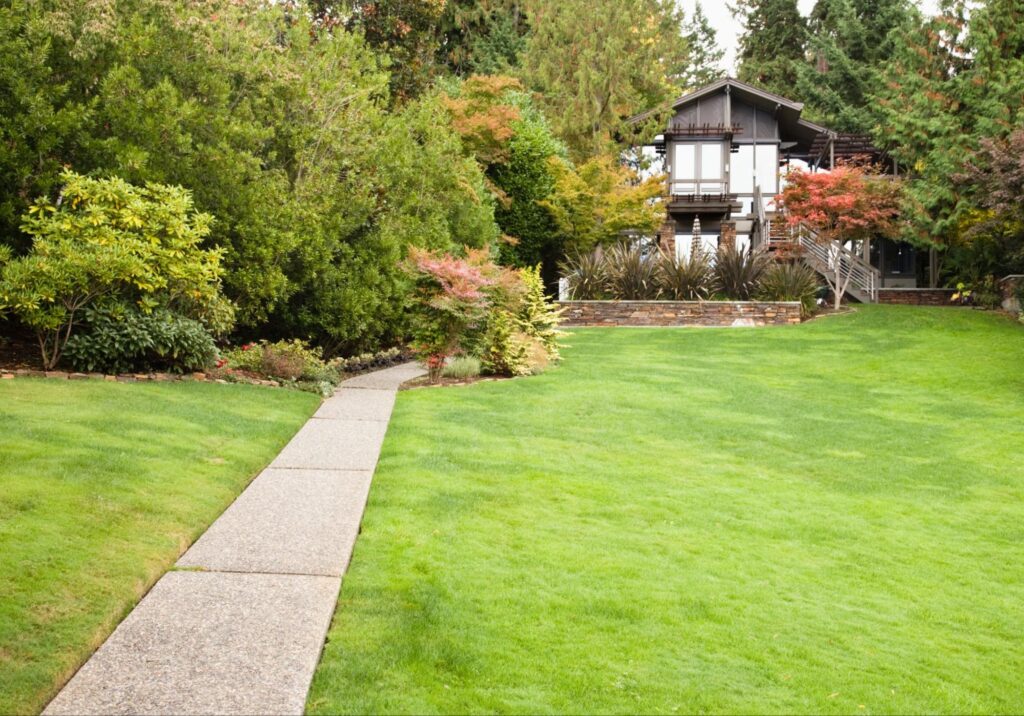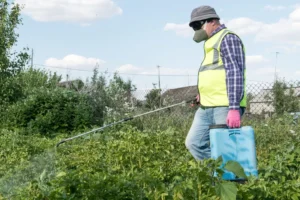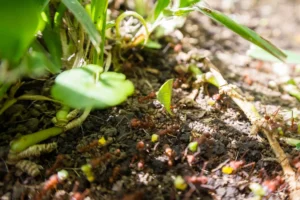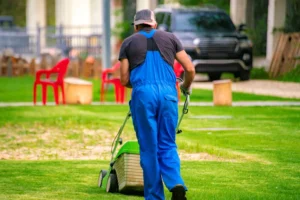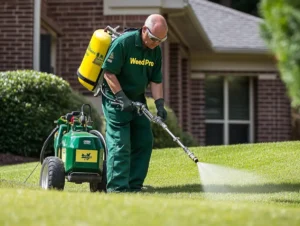The predominant clay soil found in Roswell often suffers from compaction, limiting air and water movement and crippling your turf oxygenation and establishment. This guide explains the basics of lawn soil health, helping you identify and remediate pH issues, address nutrient deficiencies, choose among testing methods, and perform core and liquid aeration. Additional topics will include organic soil amendments, mulching practices, and preventative measures for disease, as you construct the groundwork for a lawn that is truly vibrant with thriving grass.
What Are the Main Soil Hurdles for Roswell Lawns?
Roswell soils are dense materials and generally have poor drainage. So, soil compaction, pH-related issues, and nutrient deficiencies are the barriers to sustainable lawn health. If you address these issues in a systematic way, you will develop deeper root systems leading to improved water management for turf with greener, lusher growth.
How Does Georgia’s Clay Soil Impact Your Lawn?
In Roswell clay soil, compaction occurs readily, at the expense of pore space for oxygen and water. Once soil particles are packed tightly and every soil pore is filled with soil particles, root establishment becomes difficult, microbial life is reduced, and patches with shallow roots become visible. Aerating the soil, an effective method for alleviating compaction, is the first step in increasing nutrient absorption and improving both existing and future drainage.
What’s the Ideal Soil pH for Roswell Lawns?
With a pH of approximately 6.0 – 7.0, turfgrass thrives when soil pH is slightly acidic or neutral. This ensures nutrient availability for root uptake by keeping those nutrients soluble in the ideal pH ranges. For instance, if you soil Test reveals a soil pH lower than 6.0, it would be prudent to apply An application of lime may raise the soil pH. Alternatively, if the pH is above 7.0, elemental sulfur can lower the pH back toward the ideal range.
What Nutrients Does Roswell TurfgrassNeed to Thrive?
In Roswell, lawns require both macro and micro nutrients in order to promote sufficient growth and to develop a resistance to disease.
In detail, you can concentrate on the key nutrients below:
- Necessary macronutrients that will drive blade growth
- Secondary and micronutrients that aid root development
- Suggested nutrient levels for Roswell’s clay soils
| Nutrient | Primary Function | Recommended Rate |
| Nitrogen (N) | Boosts leaf and shoot growth | 3–4 lbs per 1,000 sq ft/year |
| Phosphorus (P) | Encourages root development | 0.5–1 lb per 1,000 sq ft/year |
| Potassium (K) | Enhances tolerance to drought and disease | 2–3 lbs per 1,000 sq ft/year |
| Iron (Fe) | Improves color and chlorophyll production | 4–8 oz per 1,000 sq ft/year |
Maintaining these nutrient levels strengthens your lawn’s root structure and leaf density, naturally leading us to our next crucial topic: how to accurately test and analyze your soil.
How Can You Test and Analyze Your Lawn Soil in Roswell?
Accurate soil analysis is your way to check compaction, pH, and nutrient deficiencies which will lead to the appropriate use of amendments. Whether you take a more hands-on approach to soil testing or follow the advice of a lawn professional, soil testing is the first step towards any improvement of lawn soil health.
What Are the Best DIY and Professional Soil Testing Methods?
Home test kits give you a rough reading for pH and major nutrients, whereas lab testing gives you a much more detailed profile, including micro-nutrients and organic matter content.
- Collect at least five soil samples 4 to 6 inches deep using a spade or a soil core sampling tool.
- Mix the samples together in a clean bucket and then divide them for your DIY kits.
- If you want to do a more in-depth analysis of your soil, send your soil samples to a reputable lab, such as your local extension service.
Each test will help you determine the corrective actions to take, such as lime, compost, or a specific fertilizer blend with a specific analysis ratio (N-P-K).
How Do You Interpret Soil Test Results for Lawn Improvement?
Soil test results typically provide information on pH, N-P-K levels, and the amount of secondary nutrients, as well as the recommended application rate. First, maintain a balanced pH to maximize nutrient availability, and then proceed with a suitable fertilizer or organic approach. Knowing how to interpret the results of soil tests will also help you avoid overapplication and protect local water quality.
How Often Should You Test Lawn Soil in Roswell, GA?
For clay soils in Roswell, GA, it is advisable to sample your lawn every 2-3 years. However, if you are actively managing pH or applying new fertilizers into your lawn program, you may wish to sample your soil yearly. It is beneficial to monitor your soil to maintain good conditions and prevent potential issues before they become troubling problems.
How Does Core Aeration Improve Soil Compaction and Drainage?
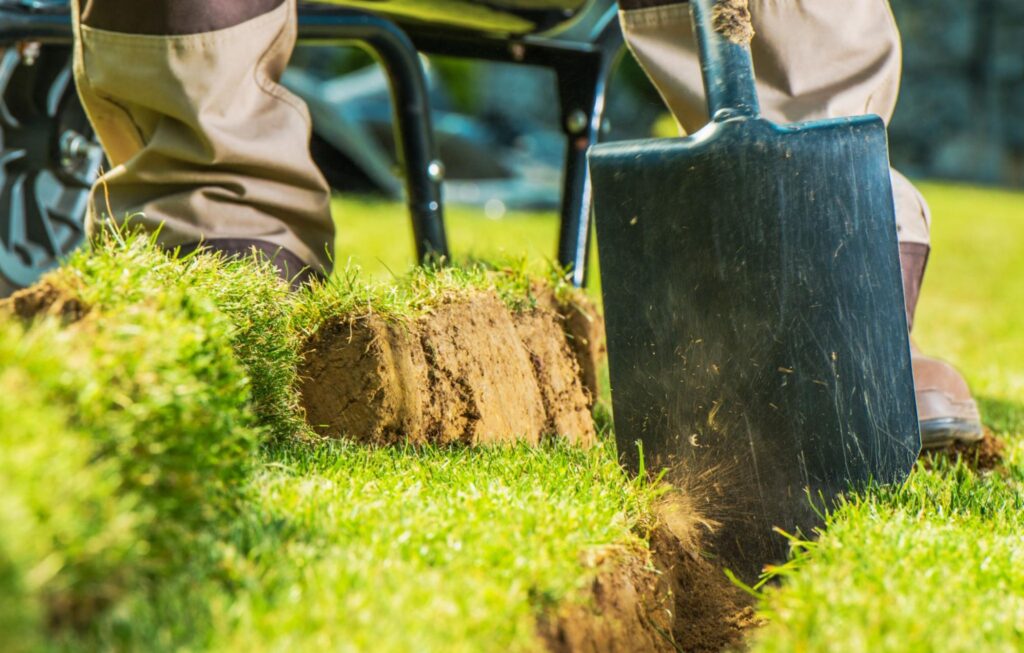
Core aeration is a process of removing 2-3-inch soil plugs, which increases the pore space to allow air, water. This approach reduces surface water runoff and facilitates the growth of beneficial microbes that create the ideal environment for your turf to recover.
When Is the Best Time to Aerate Lawns in Roswell?
The optimal timing for aeration depends on your specific grass type and its growth cycle:
| Season | Grass Type | Benefit |
| Spring | Warm-season (Bermuda, Zoysia) | Supports vigorous spring green-up |
| Early Fall | Cool-season (Fescue) | Promotes root development before winter dormancy |
Timing your aeration to coincide with periods of peak root activity ensures your lawn experiences maximum recovery and maintains resilience throughout the year.
How Can You Prevent Soil-Related Lawn Problems in Roswell?
Simply managing compaction, soil pH, and nutrient levels will best address diseases, weeds, and pests at their source. Healthy soils allow your turf to out-compete pests, invasive, and non-native species organically.
What Soil Conditions Contribute to Common Lawn Diseases Like Brown Patch?
Brown Patch thrives in compacted, poorly drained soils with excess nitrogen inputs and inadequate moisture. By managing pH, aerating to improve drainage issues, and fertilizing at moderate rates, it will be less likely for a disease cycle to occur.
How Does Healthy Soil Help Control Weeds Naturally?
Healthy soils foster dense turf that physically outcompetes weeds. Additionally, with more microbial life and balanced nutrients, there will be fewer bare and thin patches of turf for weed seed germination, ultimately leading to healthier grass growth during the growing season.
What Is the Connection Between Soil Health and Pest Control?
Healthy ground-level life supports healthy food web systems, which in turn foster beneficial organisms to compete with grubs and insect larvae. Additionally, healthy microbial life produces natural compounds that promote turf health. As a bonus, those compounds will deter plant pathogens and pest larvae.
Healthy Soil = Vibrant Turf
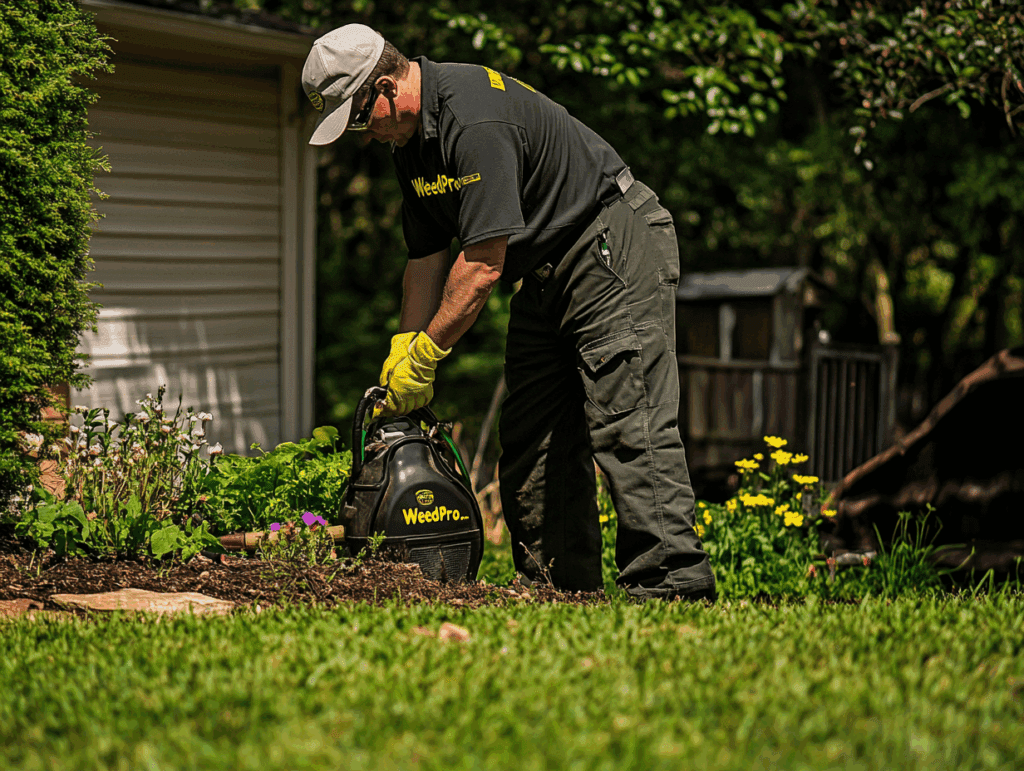
Your lawn can only be as healthy as what grows inside it. Integrated soil diagnostics, aeration, and micronutrient balance are what give turf the green weight. Ready to get growing smarter? We can help with soil.
[Start with a soil test, one to tell you what your grass really needs!]
FAQ
Can you use compost in Georgia clay soil?
Yes—compost helps with structure, drainage, and improves microbial health. It’s one of the smartest DIY soil amendments.
Do I need lime if the pH is off?
Yes—if your pH is below 6.0, lime brings it back into an optimal range for nutrient uptake. Great pH means greater results.
Up Next: Perfect Your Mow Game
Your foundation is set—now let’s refine the cut. Next: “Mastering Lawn Mowing: Your Guide to a Thicker, Greener Yard.“

